History
Intent
At Little Waltham C.E.V.A. Primary school, we are HISTORIANS! We want our children to love every aspect of their history learning!
Through studying history it enables our children to develop a better understanding of the world in which we live. It helps to build knowledge and understanding of historical events enabling them to develop a much greater appreciation for current events today.
Our aim is that, through the teaching of History, we stimulate all children’s interest and understanding about the life of people who lived in the past and to build an overview of Britain’s past as well as that of the wider world. We teach our children a sense of chronology, in order to develop a sense of identity and a cultural understanding based on their historical heritage. This enables the children to learn to value their own and other people’s cultures in modern multicultural Britain. Our children will have opportunities to consider how and why people’s lives have changed and how they have been shaped and influenced by past events. Whilst doing so, they will be encouraged to become independent learners, to carry out research and to question and think critically.
We aim to make all children aware of the actions of important people in history and enable them to know about significant events in British history, whilst appreciating how things have changed over time. History will ensure our children understand how Britain has developed as a society. Furthermore, our children will learn about aspects of local, British and Ancient history. This wider awareness leads to the children having some knowledge of historical development in the wider world. We believe that by allowing the children to understand the importance and enjoyment of History through different opportunities, they will become enthused learners in History and develop their skills of enquiry, investigation and analysis.
Implementation
At Little Waltham, History is taught for half a term every term for one hour per week. The subject is explicitly taught in years 1 to 6 and the units allow children to focus on developing their knowledge and skills, studying each topic in depth.
- We have developed a progression of skills with each year group, which enables pupils to build on and develop their skills each year.
- In KS1, History begins by looking at the children’s own personal history and introduces them to the idea of chronology and timelines. The children will look at significant events and people who have shaped society, locally, nationally and globally.
- In KS2, UK history is taught chronologically to allow children to confidently place each time period. This allows pupils to consistently build on previous knowledge and learning by placing previously taught History topics on a timeline.
- In order to support children in their ability to know more and remember more, there are regular opportunities to review the learning that has taken place in previous topics as well as previous lessons.
- At the start of each topic children will review previous learning and will have the opportunity to share what they already know about a current topic.
- Medium term planning for all units will cover key historical concepts: Chronological understanding, Historical knowledge, Historical interpretation, Historical enquiry and organisation and communication.
- Children are given opportunities, where possible, to study artefacts and a range of resources. This helps to embed skills of enquiry, investigation, analysis, interpretation, evaluation and presentation.
- We plan for effective use of educational visits and visitors, to enrich and enhance the pupil’s learning experience and the History curriculum.
- Teachers use highly effective Assessment for Learning at different points in each lesson to ensure misconceptions are highlighted and addressed.
- Effective modelling by teachers ensures that children are able to achieve their learning intentions, with misconceptions addressed within it.
- Children are given clear guidance in order to achieve the Learning Intention with different elements of independence.
- Pupils are regularly given the opportunity for Self or Peer Assessment, which will then be used to inform planning, preparation and address misconceptions within that lesson, or for the next lesson.
- Cross-curricular links are planned for, with other subjects such as Maths, Writing and Computing.
- Educational displays that answer key questions help to create a rich learning environment for each History focus.
Impact
The impact of our History curriculum will lead to good progress over time across both key stages relative to a child’s individual starting point and their progression of skills. Our History curriculum will also lead pupils to be enthusiastic history learners, showing a real love of learning in History, evidenced in a range of ways, including pupil voice and their own work.






